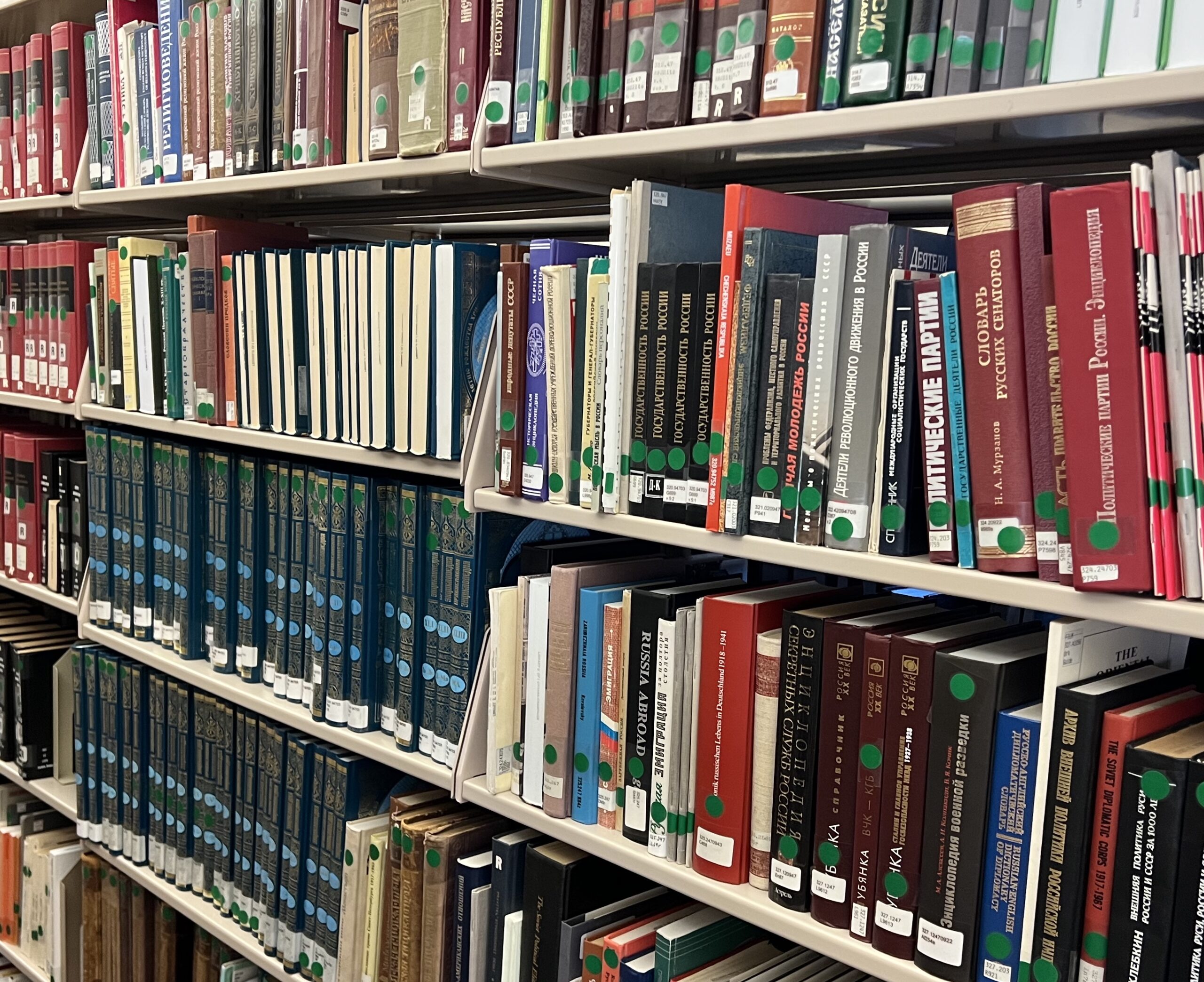Frames of Resistance: “The Labudović Reels” and the Cinema of Solidarity
In The Labudović Reels, filmmaker Mila Turajlić unearths a lost chapter of inspirational resistance, told through the eyes of Stevan Labudović—the Yugoslav cinematographer whose camera became a weapon in anti-colonial struggles. Based on Turajlić’s meticulous archival research at Filmske Novosti, this two-part documentary offers more than a biography; it is a meditation on the ideological force of cinema, the geopolitical reach of socialist Yugoslavia, and the enduring impact of Third World solidarity. The first part, Ciné-Guerrillas, opens in the halls of Algeria’s National Museum of El Moudjahid, where Labudović’s camera—once an instrument of wartime documentation—is now an artifact of revolution. A group of schoolchildren gathers around as their teacher recounts his role in capturing Algeria’s war for independence (1959–61). Sent by Yugoslavia, Labudović not only documented the struggle against French colonial rule but actively participated in it, forging a…








